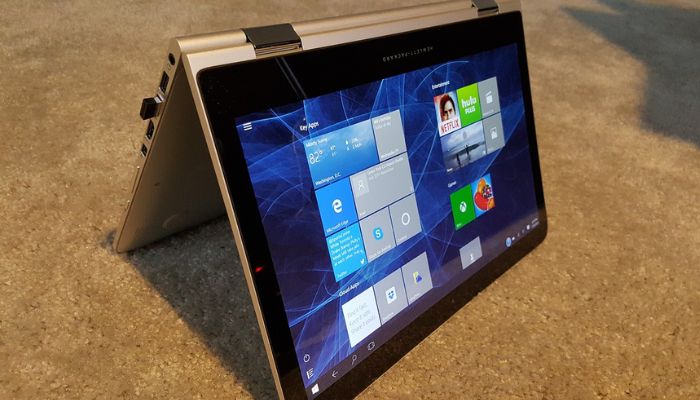
Microsoft sounded the alarm this Tuesday, setting a deadline for Windows 10's full security support to conclude on October 14, 2025. But in a surprising twist, they're throwing a lifeline to those hesitant or unable to upgrade, offering an Extended Security Updates (ESU) package to keep systems operational beyond the expiration date.
Jason Leznek, from Microsoft's Windows Servicing & Delivery team, emphasised, "While we urge transitioning to Windows 11, we acknowledge circumstances hindering immediate migration from Windows 10 devices. Hence, Microsoft will introduce Extended Security Updates."
ESU will provide crucial security updates post-Windows 10's sunset date, although at a cost — a strategy similar to the concluded Windows 7 ESU program. Users dedicated to Windows 10 can opt for a yet-to-be-revealed annual subscription fee to access monthly security updates for up to three years after the end-of-service date.
However, Leznek clarified that the Windows 10 ESU program will solely cover critical and important security updates, excluding minor fixes, feature requests, or non-security issues, with limited technical support confined to security matters.
Pricing specifics for Windows 10 ESU remain undisclosed but are likely to mirror the Windows 7 ESU model: initially $50 per Windows 7 Pro device, ascending to $100 for the second year, and $200 for the third, while Windows Enterprise customers pay half these rates.
In a bid to encourage a shift toward the cloud's subscription model, Microsoft is tempting Windows 10 PC users by offering access to Windows 11 via Windows 365 — a cloud-based service streaming Windows 11 to connected devices. Moreover, those embracing this avenue will receive a Windows 10 ESU subscription at no additional cost. A comparable arrangement extends to Windows 10 instances in Azure Virtual Desktop, providing a boon for administrators.
Embracing the move, the US Public Interest Research Group (PIRG) hailed this as a sustainability victory, highlighting reduced electronic waste due to extended Windows 10 support. They previously presented Microsoft with 20,000 signatures, urging actions aligning with this announcement, aiming to promote Windows 11 adoption.
Lucas Rockett Gutterman, director of PIRG's Designed to Last Campaign, praised the ESU program as a positive step but urged Microsoft to automatically extend support to diminish hardware wastage.
Notably, the ESU program is slated for three years for schools, public sector bodies, and SMBs, granting individual users one year, with the possibility of extensions based on demand, according to PIRG.
Regarding individual users, Leznek hinted at discussions for an ESU program in a forthcoming update, leaving the specifics open-ended.
















